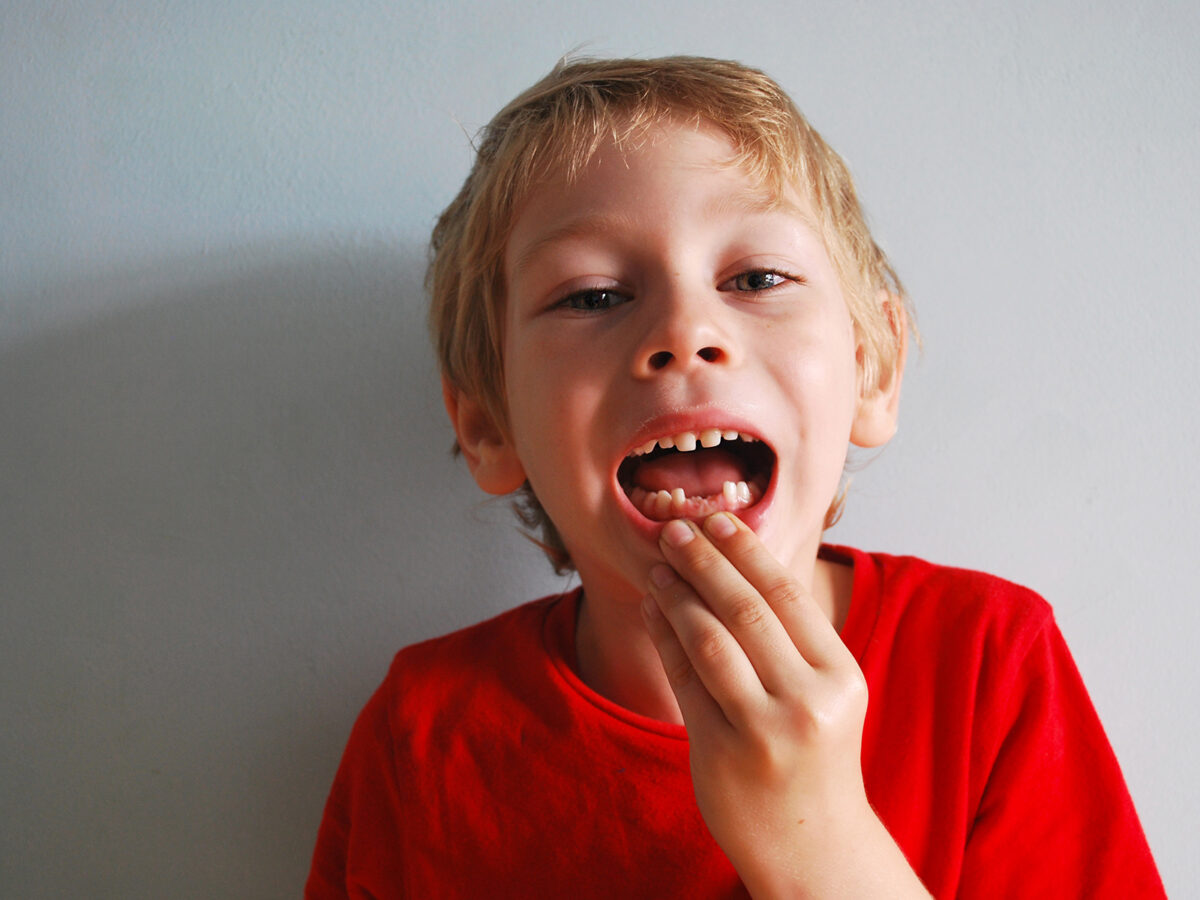Blog
Dental hygiene tips for healthy teeth & gums

When Does A Child Lose Baby Teeth?
The shedding of baby teeth and the emergence of permanent teeth is a significant developmental milestone. Baby teeth play essential roles in chewing food, clear speech, and overall dental health.
By understanding the typical timeline and reasons for tooth loss, parents and caregivers can better support children during this transition. This guide will outline when children typically start losing their baby teeth, the reasons behind this, and how to ensure a smooth transition to permanent teeth.
When Do Baby Teeth Fall Out Naturally?
The timing of tooth loss and the emergence of permanent teeth can be reasonably predictable. A general timeline includes:
- Front Incisors: The lower central incisors (front teeth) are typically lost between ages 6 and 7, followed by the upper central incisors between the same ages.
- Lateral Incisors: Located next to the front teeth, the lower lateral incisors are usually lost between ages 7 and 8, with the upper lateral incisors following suit.
- Canine Teeth (Cuspids): The lower canines are typically lost between ages 9 and 10, while the upper canines are lost between ages 9 and 12.
- First Primary Molars: These are generally lost between ages 9 and 11 for both the lower and upper sets.
- Second Primary Molars: The lower set is typically lost between ages 10 and 12, followed by the upper set during the same age range.
Factors Influencing Baby Tooth Loss:
Several factors can influence the rate at which a child loses baby teeth:
- Genetics plays a significant role in the timing of tooth eruption and shedding.
- Gender can influence the timeline, with girls often losing baby teeth earlier than boys.
- Proper dental care can prolong the health of baby teeth.
- Adequate intake of essential nutrients like calcium and vitamin D can influence tooth health and potentially the timing of tooth loss.
- Harmful oral habits, such as thumb-sucking or tongue-thrusting, can impact tooth alignment and the frequency of tooth loss.
- Accidents or injuries to the mouth can lead to premature loss of baby teeth.
- Individual variations in dental development and eruption patterns can affect the timing of tooth loss.
Importance of Losing Baby Teeth:
Shedding baby teeth is a natural and essential process that serves several purposes:
- It makes room for permanent teeth, ensuring they emerge correctly aligned and spaced.
- Baby teeth aid in speech development, contributing to clear pronunciation.
- They facilitate efficient chewing, promoting digestion and nutrient absorption.
- Neglecting cavities or gum disease in baby teeth can lead to complications in the emerging permanent teeth.
Monitoring Tooth Loss and New Tooth Eruption:
Parents and caregivers can play an active role in overseeing their child’s dental development:
- Regular dental checkups help monitor dental growth and address any concerns.
- Oral Hygiene: Encourage children to maintain a routine of regular brushing and flossing.
- Diet: Provide a balanced diet that promotes strong tooth development.
- If concerns arise about a child’s bite or tooth alignment, consider an orthodontic evaluation.
- Engage in open conversations with children, reassuring them that losing baby teeth is a natural part of growth.
When to Consult a Dentist?
If a baby tooth is lost much earlier than expected, consult a pediatric dentist to discuss space maintenance options. Similarly, if baby teeth remain beyond the typical shedding age, a dentist might recommend interventions to ensure the proper alignment of permanent teeth.
Pediatric dentists specialize in dental care for children, from infancy through adolescence. They aim to make dental visits enjoyable and relaxing, fostering a lifelong appreciation for dental hygiene. These specialists offer comprehensive dental care, from routine checkups to addressing dental emergencies, and are trained to handle issues like tooth eruption, thumb-sucking, and early orthodontic treatments.
Maintaining Permanent Teeth:
As permanent teeth emerge, it’s crucial to ensure their health and longevity:
- Emphasize the importance of regular dental hygiene practices.
- Consider dental sealants to protect newly erupted permanent teeth from cavities.
- If concerns arise about a child’s bite, consult an orthodontist.
Final Thoughts:
The transition from baby teeth to permanent teeth is a natural phase of childhood development. By understanding the typical progression and reasons for tooth loss, parents and caregivers can better support children’s oral health. Regular dental visits and open communication with children ensure a smooth transition.


